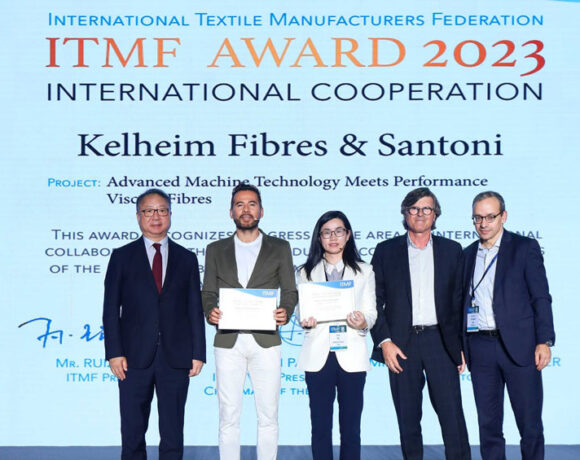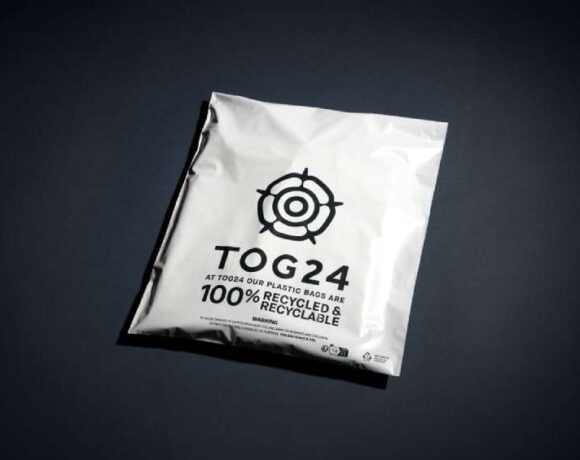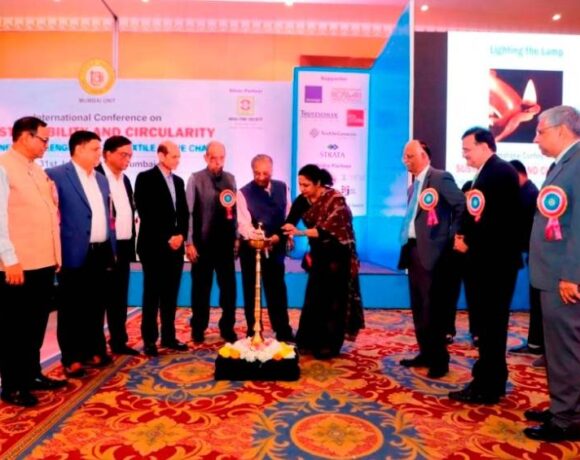Nilit Unveils New Approach To Nylon 6.6 Textile Circularity

Producer of Nylon 6.6 Nilit, and owner of the Sensil brand has introduced Sensil Flow, a new approach to Nylon 6.6 circularity that reduces environmental impact.
“Sensil Flow enables yarn, fabric, and, ultimately, apparel recycling to eliminate waste and further reduce apparel’s environmental impact,” the Israeli company said in a press release.
“Sensil Flow is more than just a sustainable performance product. It is an innovative approach that engages the supply chain to attain circularity through product design and partnership,” Nilit added.
According to the company, currently apparel recycling is constrained by the complexity of sorting and separating materials before they can be recycled back to their original components.
“Garments made with blended fibres and fabrics are especially difficult to recycle,” the company stated.
The Sensil Flow approach addresses these obstacles on multiple fronts. First, Sensil Flow is a yarn that delivers a mono-component fabric with comfort stretch that can be considered as an alternative to elastane in certain end uses.
Engineered to provide inherent elasticity and recovery properties, Sensil Flow creates comfortable, stretchable performance fabrics for the casual and lifestyle segments.
These beautiful fabrics have excellent colour absorption and exquisite 3D effects while at the same time making post-consumer recycling possible.
Pure premium Nylon 6.6 yarns, fabrics, and garments are easily recycled using a process that requires no additional chemicals and generates minimal CO2 emissions.
Additionally, Nilit partners with recycling experts to facilitate the efficient recovery and recycling of fabric waste and post-consumer fabrics and clothing that would otherwise end up in a landfill.
These partners are expected to create high quality recycled Nylon chips that can be reintroduced into Nilit’s nylon fibre spinning process, resulting in high quality outputs, as well as other engineering plastics.
Certificates will validate circularity and provide transparency and accountability for partners committed to building a circular textile economy.















